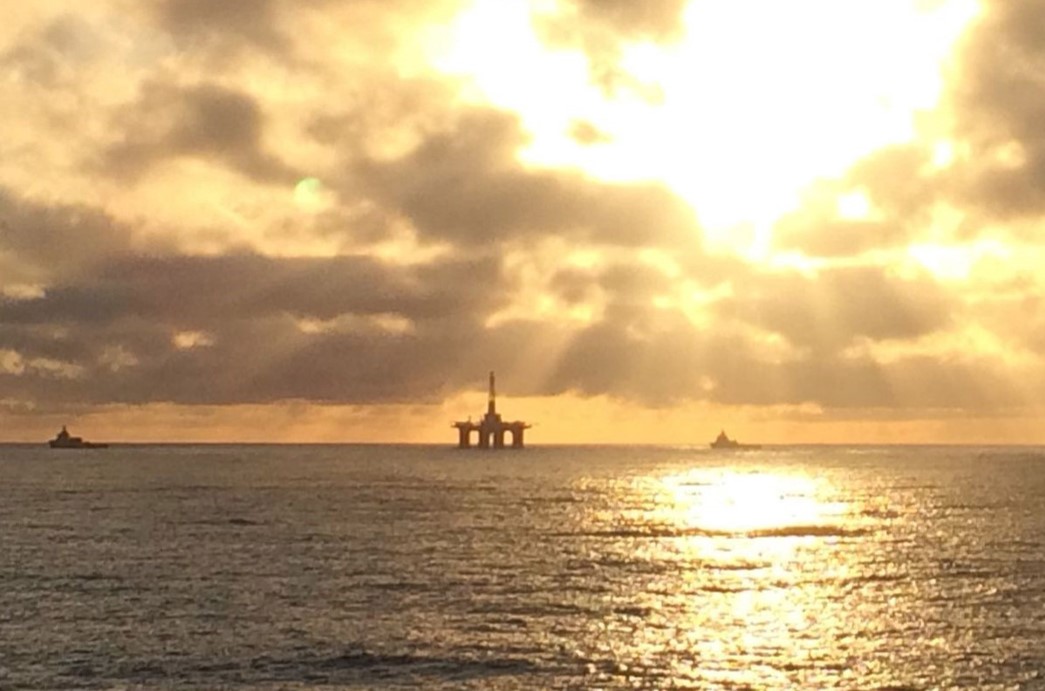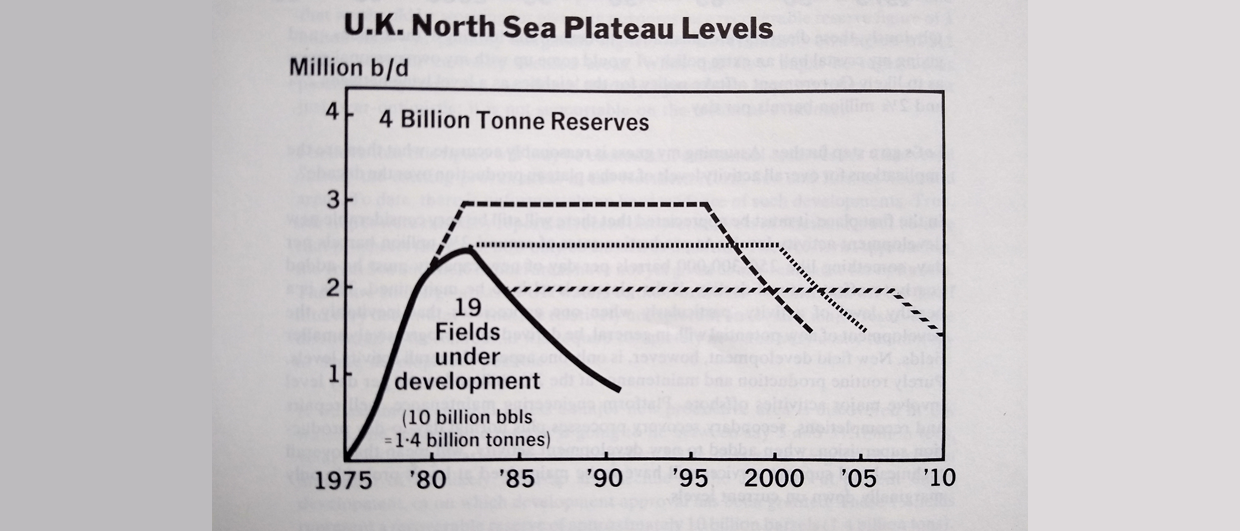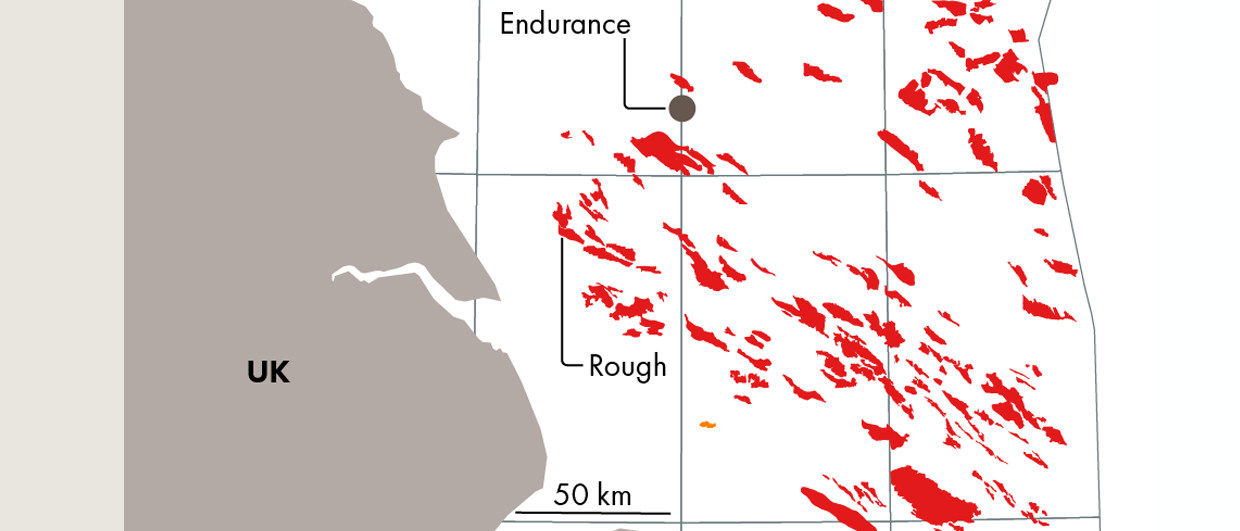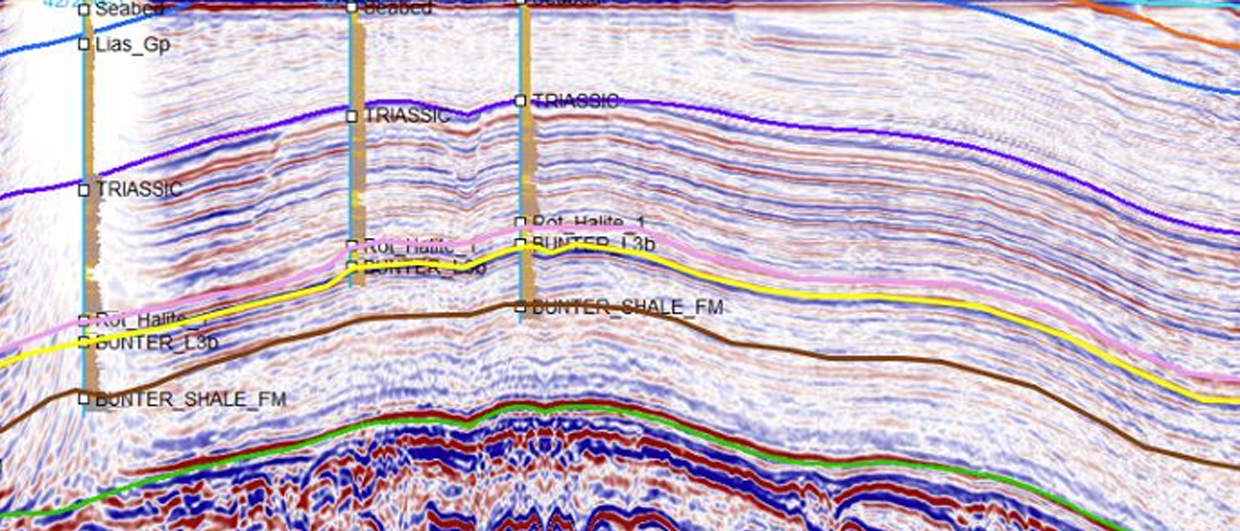Coming up with the ten worst field developments across the UK Continental Shelf requires some experience and knowledge about the history of the basin.
In a well-illustrated video, which can be viewed using this link, Mike Cooper from Trove 1st Subsurface talks through what he and Colin Percival think are the worst performers across the UKCS over time. Some have long been decommissioned, but some are still producing.
A few common themes emerge after watching each of the fields being discussed.
First of all, most failures tend to be related to subsurface issues. It shows how important a proper understanding of the subsurface continues to be, and that even in this day and age with much more technology surprises can still happen.
Another theme that seems to have some gravitas, as Mike concludes, is that 100% equity developments are risky. The best peer review is a Joint Venture partner peer review. A number of examples in the presentation are 100% equity developments.
A key subsurface factor that is a factor in a number of cases is depth. The deeper, the more challenging reservoir properties tend to be. A “twin” brother or sister sitting in a shallower horst block is not necessarily a good analogue.
Then, the last factor that is also of importance is the hype factor. Two field examples mentioned in the video experienced significant media attention following completion of the discovery well, which had a subsequent effect on the share price. However, once the reality had become a little more mundane, the investors were looking at significant losses that are unlikely to be recouped.
In conclusion, money spent can mean money lost in a business where uncertainties are always there.
HENK KOMBRINK





